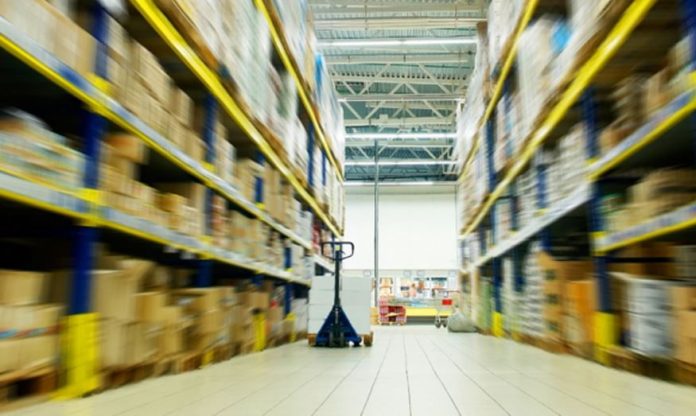Revenues generated by technology in the global supply chain will increase at a compound annual growth rate of 11 per cent over the next five years, reaching $440 billion by 2023. Among emerging technologies, the rise of artificial intelligence (AI) will have the most profound impact.
This is the conclusion of a new report by ABI Research. Suppliers, manufacturers, retailers and logistics companies will adopt increasingly digital strategies to deliver value along the entire logistics value chain, said ABI.
The research house reckons the supply chain will generate $4.6 trillion in 2023 by combining technologies and services, an increase of 29 per cent from 2018.
Nick Finill, senior analyst at ABI Research, said: “Supply chain operators must find innovative ways to deliver the three primary tenets of a successful strategy: visibility, intelligence, and efficiency.
“Technologies such as robotics, blockchain, IoT, augmented reality, and especially artificial intelligence (AI) are vital for supply chain operators wanting to remain competitive in today’s complex, global, and, customer-centric market.”
AI offers suppliers, manufacturers, retailers and logistics service providers the ability to improve the way they forecast demand, optimise planning, mitigate risks, transport goods, and serve customers.
As AI brings greater levels of automation and smarter decision making, the production, distribution, and retail of goods will become more synchronised. This will bring new rates of efficiency, productivity, and innovation to companies working within the supply chain.
Meanwhile, ABI said the growth of e-commerce is also driving new approaches to digital technologies in the supply chain. Warehouse automation and the digitisation of last-mile delivery operations stand out as areas targeted for technology spending.
E-commerce and ‘omnichannel’ retailers such as Ocado, Wal-Mart, Kroger, and Amazon have been investing in robotics and AI, which are set to transform fulfilment operations on a major scale. Investments in robotics and drones for last-mile delivery are starting to bear fruit as pilot projects attain “impressive results”.
The sharing economy is also making a mark on the supply chain, said ABI, with transportation and storage both key sectors which face potential disruption. Companies such as Convoy, Uber Freight, and Deliv are providing digital freight matching and crowd-sourced delivery models.
Supply chain operators are also being able to integrate flexible storage capabilities in to agile logistics strategies thanks to on-demand warehousing providers such as Flexe, Stowga and Ware2Go.
Finill commented: “The supply chain is generally ripe for disruption, but it is also a highly intricate and crucial ecosystem. Supply chain stakeholders therefore face the challenge of adopting technologies in the right way and at a rapid pace, but without damaging their own supply chain operations and losing customers in the process.”

